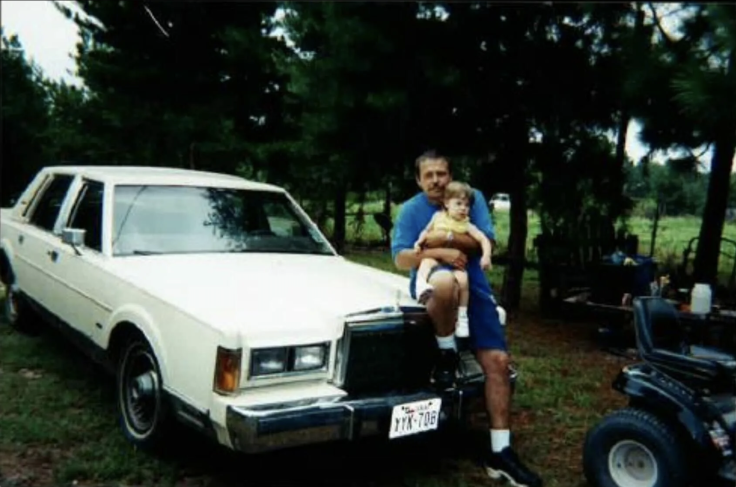Texas Man Set For Execution Despite Debunked Science Behind His Conviction: 'There Was No Crime'
Robert Roberson's request for a new trial was denied. Now a coalition of scientists are requesting the US Supreme Court to stop the execution.

Robert Roberson, a Texas death row inmate, is scheduled for execution on October 17 despite new evidence suggesting his innocence. Roberson's case, rooted in the now-discredited Shaken Baby Syndrome (SBS) diagnosis, has garnered attention from medical experts, legal professionals, and advocacy groups, some of which are now urging the U.S. Supreme Court to intervene.
Roberson was convicted in 2003 for the 2002 death of his 2-year-old daughter, Nikki, after she suffered head trauma. The prosecution's case relied heavily on the SBS theory, which attributes specific injuries—brain swelling, bleeding over the brain, and bleeding in the eyes—to forceful shaking. However, new medical research has cast significant doubt on this hypothesis, with experts calling it scientifically unreliable.
Leading the charge to have the case dismissed is Dr. Patrick D. Barnes, a Stanford University Professor Emeritus, who, along with 15 other physicians and scientists, signed an amicus brief urging the Supreme Court to review or vacate Roberson's conviction. Barnes, once a proponent of SBS, now believes that advances in medical science have exposed the flaws in the theory.
"Many experts who originally supported the SBS hypothesis, including me, believe we have a duty to help vacate convictions that are based on old and false assumptions," Barnes wrote to the Supreme Court. He explained that symptoms typically associated with SBS, like those observed in Nikki, can also be caused by other factors, including illnesses like pneumonia or accidents like shortfalls.
Roberson has maintained that his daughter was chronically ill and had fallen from her bed before her sudden decline. Medical documents obtained by Roberson's defense indicate that Nikki suffered from severe, advanced pneumonia, which had gone undiagnosed at the time of her death. In his brief, Barnes argues that this condition, along with her fall, could have caused the same symptoms once attributed to abuse.
The case has sparked significant backlash, with Roberson's attorney, Gretchen Sims Sween, highlighting how outdated and misleading medical testimony led to Roberson's conviction. "Over the past two decades, the shaken baby hypothesis has been debunked by evidence-based science, a fact recognized by courts in at least 18 states," Sween said in a statement to the Beaumont Enterprise.
Support for Roberson's exoneration has extended beyond the medical field. Brian Wharton, the lead detective who testified against Roberson, has since recanted his position, stating that he now believes Nikki's death was the result of natural causes, not murder. "I am convinced that Nikki was not murdered. Roberson is innocent, and there was no crime," Wharton wrote in an op-ed for the Dallas Morning News
"It would be a terrible legacy for all of us to be associated with executing an innocent man based on a rush to judgment and bad science," concluded Mr. Wharton. "We must prevent Texas from making a tragic, irreversible mistake."
The Innocence Project maintains that Roberson, who is autistic, was judged by medical staff due to his reaction to his daughter's condition. When his case went to trial medical personnel described him as "lacking emotion" during the ordeal. The civil rights organization says his trial was highly based on assumptions.
Despite the growing consensus that Roberson's conviction was based on faulty science, Texas courts have refused to grant him a new trial. In 2013, Texas passed a law allowing prisoners to challenge their convictions based on advancements in forensic science. However, no death row inmate has successfully used this law to obtain a new trial, including Roberson.
The U.S. Supreme Court is scheduled to review Roberson's petition on September 26, offering what could be his final chance at clemency. If executed, Roberson would be the first person in the United States to be put to death based on a conviction rooted in the debunked SBS theory.
To date, at least 32 parents and caregivers in 18 states have been exonerated after being wrongfully convicted under the shaken baby hypothesis, according to the National Registry of Exonerations.
© Latin Times. All rights reserved. Do not reproduce without permission.





















